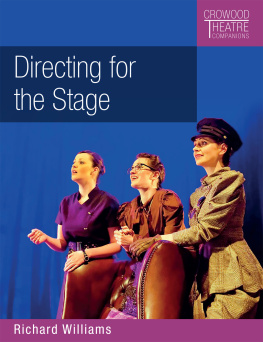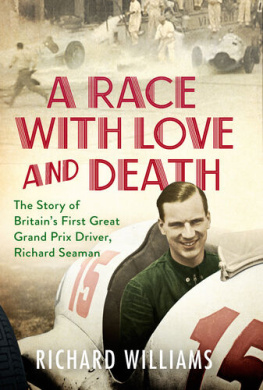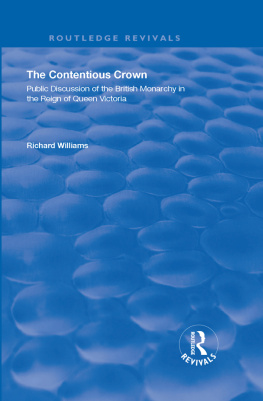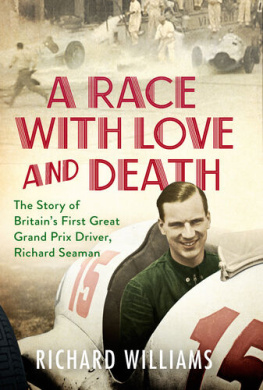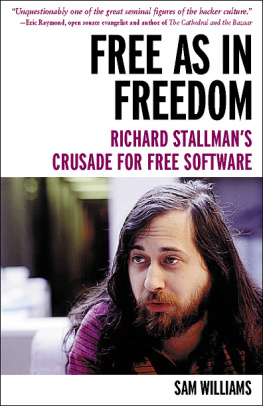Richard Williams - Directing for the Stage
Here you can read online Richard Williams - Directing for the Stage full text of the book (entire story) in english for free. Download pdf and epub, get meaning, cover and reviews about this ebook. publisher: Crowood, genre: Home and family. Description of the work, (preface) as well as reviews are available. Best literature library LitArk.com created for fans of good reading and offers a wide selection of genres:
Romance novel
Science fiction
Adventure
Detective
Science
History
Home and family
Prose
Art
Politics
Computer
Non-fiction
Religion
Business
Children
Humor
Choose a favorite category and find really read worthwhile books. Enjoy immersion in the world of imagination, feel the emotions of the characters or learn something new for yourself, make an fascinating discovery.
- Book:Directing for the Stage
- Author:
- Publisher:Crowood
- Genre:
- Rating:4 / 5
- Favourites:Add to favourites
- Your mark:
- 80
- 1
- 2
- 3
- 4
- 5
Directing for the Stage: summary, description and annotation
We offer to read an annotation, description, summary or preface (depends on what the author of the book "Directing for the Stage" wrote himself). If you haven't found the necessary information about the book — write in the comments, we will try to find it.
Directing for the Stage — read online for free the complete book (whole text) full work
Below is the text of the book, divided by pages. System saving the place of the last page read, allows you to conveniently read the book "Directing for the Stage" online for free, without having to search again every time where you left off. Put a bookmark, and you can go to the page where you finished reading at any time.
Font size:
Interval:
Bookmark:
Directing for
the Stage
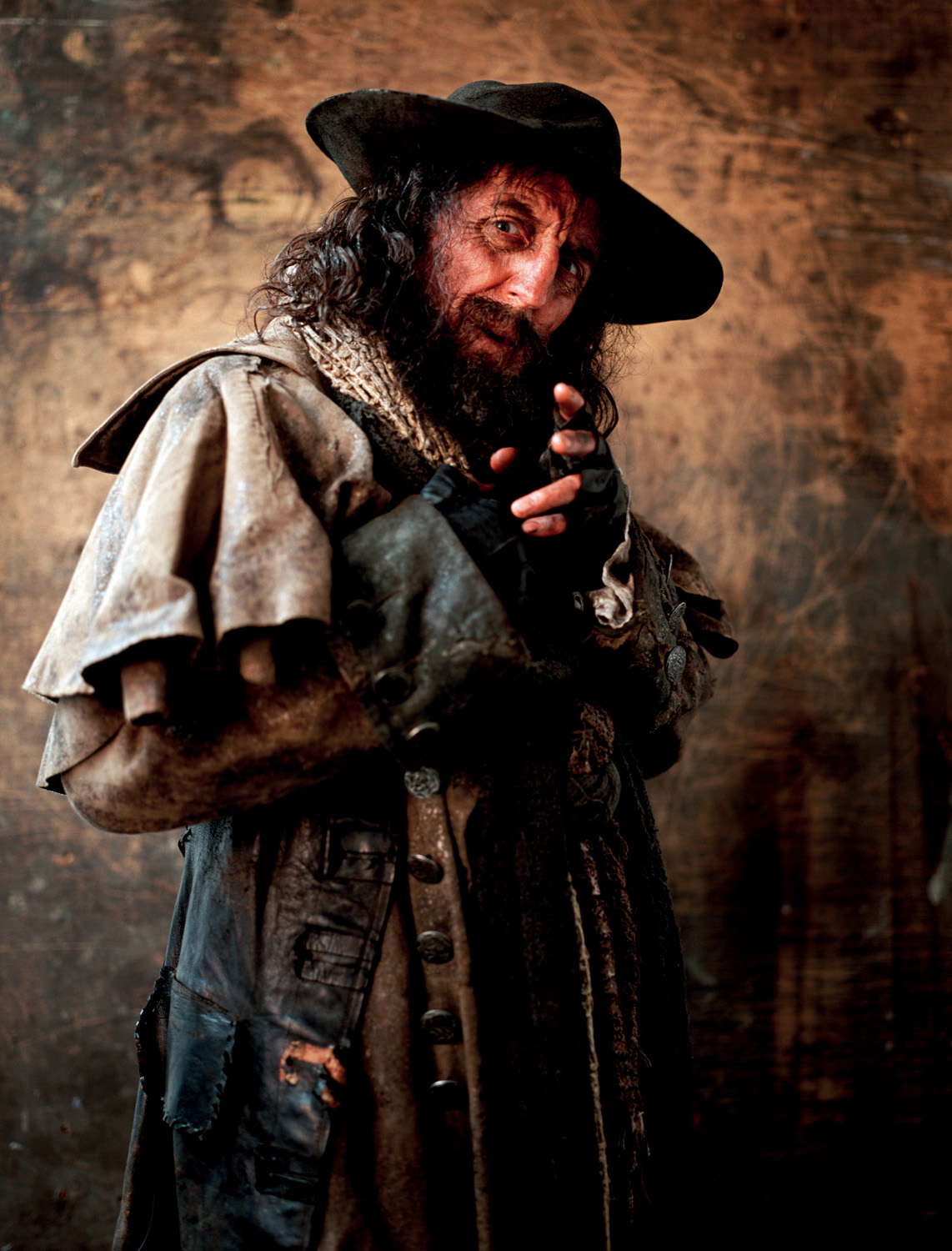
Directing for
the Stage
Richard Williams

THE CROWOOD PRESS
First published in 2018 by
The Crowood Press Ltd
Ramsbury, Marlborough
Wiltshire SN8 2HR
www.crowood.com
This e-book first published in 2018
Richard Williams 2018
All rights reserved. This e-book is copyright material and must not be copied, reproduced, transferred, distributed, leased, licensed or publicly performed or used in any way except as specifically permitted in writing by the publishers, as allowed under the terms and conditions under which it was purchased or as strictly permitted by applicable copyright law. Any unauthorised distribution or use of thistext may be a direct infringement of the authors and publishers rights, and those responsible may be liable in law accordingly.
British Library Cataloguing-in-Publication Data
A catalogue record for this book is available from the British Library.
ISBN 978 1 78500 380 6
CONTENTS
DEDICATION
The book is dedicated to the memory of Alan Dossor, an inspiring and committed theatre director, who touched the lives of all who worked with him.
ACKNOWLEDGEMENTS
I would like to thank the following for their help in preparing this book. My wife Joanna MacGregor for patiently reading and correcting the text; Geraldine Cooke for suggestions with the text; designers Janey Gardner and Jane Wheeler, lighting and projection designer Arnim Freiss, and computer designer Bart Fiut for their superb technical and photographic help; photographers Carol Baugh, Mike Eddows, Tricia de Courcy Ling, Alastair Muir, Huset Mydtskov and Nick White for their generous help with photographs.
INTRODUCTION
MY OWN EXPERIENCE
I have had a career as a director that has now lasted for over forty years. Like everyone in theatre Ive had a mixed bag of achievements and disappointments. Ive directed over 200 productions and hope that my story and my observations can be of value to any younger persons embarking on this career. This book is intended to be a very practical guide into the profession but, more than many other jobs, directing is about personality and there are very many paths by which directors realize their productions. Some directors are highly practical in their approach, treating the process of rehearsal almost like a military operation; others are dictatorial in the Hollywood stereotype of the director. Some can be inspiring, although personally they are dreamy and vague characters; and others might treat the job as if it were a therapy session: sometimes for whom is unclear whether the director him/herself or the cast. All I can do is tell it as experience has taught me.

Liverpool Playhouse. Originally built as The Star Music Hall. It was the first repertory theatre to own its own building. BART FIUT
From a very early age I was interested in performing, and when I left school I got a junior position at The Liverpool Playhouse as a student assistant stage manager at 1 per week, then under the directorship of David Scase, who had been a member of Joan Littlewoods company. Among the actors were Colin Welland (who later wrote the film Chariots of Fire), Lynda Marchal (later writing as Lynda La Plante) and Warren Clark. From David Scase I learnt about discipline and the wider social implications of theatre; from Colin Welland I learnt about story telling because he had a wonderful store of stories, mainly about working-class life; and Warren Clark just exuded joy at being in the theatre at all.
After graduating from Manchester University with an English and Drama degree, followed by a postgraduate course at Oxford, I carried on acting with great enthusiasm, until I was faced with the dilemma of whether to accept a lecturer post at Lund University, Sweden, or whether to pursue a new role that had become available at the newly established Everyman Theatre in Liverpool. I applied for the position of publicity manager and, to my surprise, was offered the job, which secured my future in theatre. At the time, I didnt realize that The Everyman was soon to become the most adventurous and admired theatre company in the country. This was because the board of the theatre had just appointed a new artistic director called Alan Dossor. Over the three years I was there, I was able to combine my publicity role with acting in small roles on the stage, which gradually grew with the success of the company.
THE EVERYMAN THEATRE
The Everyman at this time (the early to mid-1970s) became a landmark company. After a disastrous opening season where the company delivered thirteen plays, twelve of which were premieres, and which attracted 19 per cent audiences, the emphasis changed and the company got into its stride. Actually the formula for what would be the companys subsequent success was already embedded in the second play of the first season. The play was called The Braddocks Time by Stephen Fagan, and told the story of the radical Liverpool MP Bessie Braddock and her husband Jack, who through the thirties to the sixties fought for social justice in the city. The play contained songs (generally rather plaintive in tone), was about a local topic and had an unashamed left-wing political perspective. These elements continued to be the strong ingredients that, in following productions, like John McGraths two hits Soft, or a Girl and The Fish in the Sea, transformed the theatres fortunes from a disaster to a national success story. This path led to the companys most commercially successful production, Willy Russells play John, Paul, George, Ringo and Bert, which transferred to the West End.
In terms of stage directing and play selection, the clear lesson to be taken from that period is that a director with a clear and consistent policy will identify and mature the audience. People generally like to know what they are going to get for their money, and what they most enjoy is variation in detail. So, for example, in buying a ticket for a football match many things are predictable the number of players on the pitch, the rules of the game, the length of the match and so on. However, the situation is very different in theatre. A ticket for, let us say, A Midsummer Nights Dream leaves very many unknowns. It could be a joyous comedy romp with fifteen actors, or four actors giving the play a dark interpretation without joy. The Everyman Theatre found that establishing the likely parameters of a show local, musical, comical, political identified and drew in a loyal and lively audience.
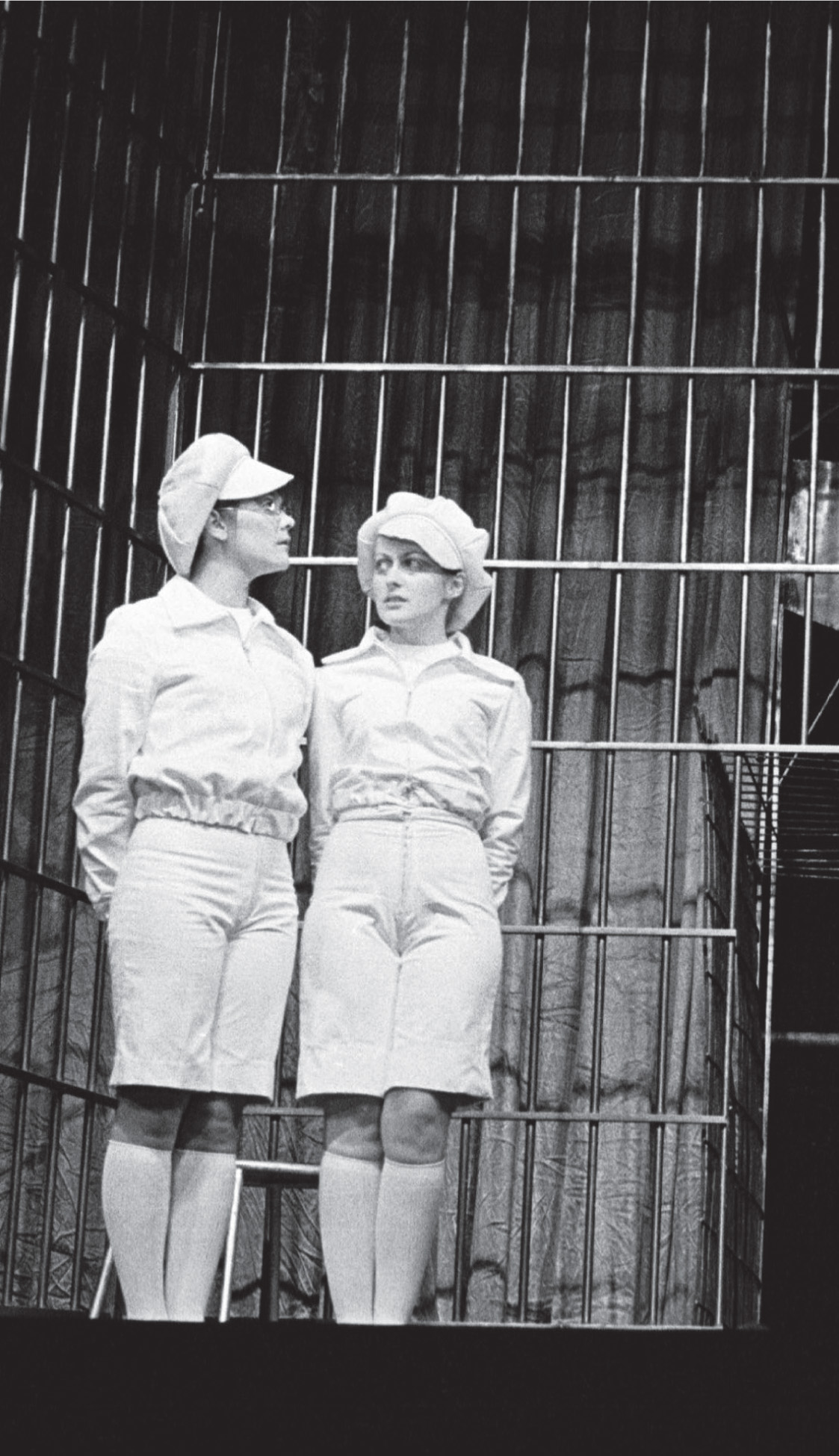
Richard III at the Everyman Theatre, Liverpool. Jonathan Pryce, right, as King Richard; Anthony Sher, third from right, as Buckingham. CAROL BAUGH
The phrase house style isnt used much any more but it still very much exists. At Richmonds Orange Tree and The Finborough in Earls Court youre likely to see a forgotten classic, which has been dusted down and given a new lease of life. The Lyric Theatre and The Young Vic in London tend to present plays for young adult audiences, often with younger performers. The theatres outside London are having a more difficult time because financial constraints have resulted in fewer home-produced plays and, consequently, it has become more difficult to sustain a clear-cut policy.
Next pageFont size:
Interval:
Bookmark:
Similar books «Directing for the Stage»
Look at similar books to Directing for the Stage. We have selected literature similar in name and meaning in the hope of providing readers with more options to find new, interesting, not yet read works.
Discussion, reviews of the book Directing for the Stage and just readers' own opinions. Leave your comments, write what you think about the work, its meaning or the main characters. Specify what exactly you liked and what you didn't like, and why you think so.

